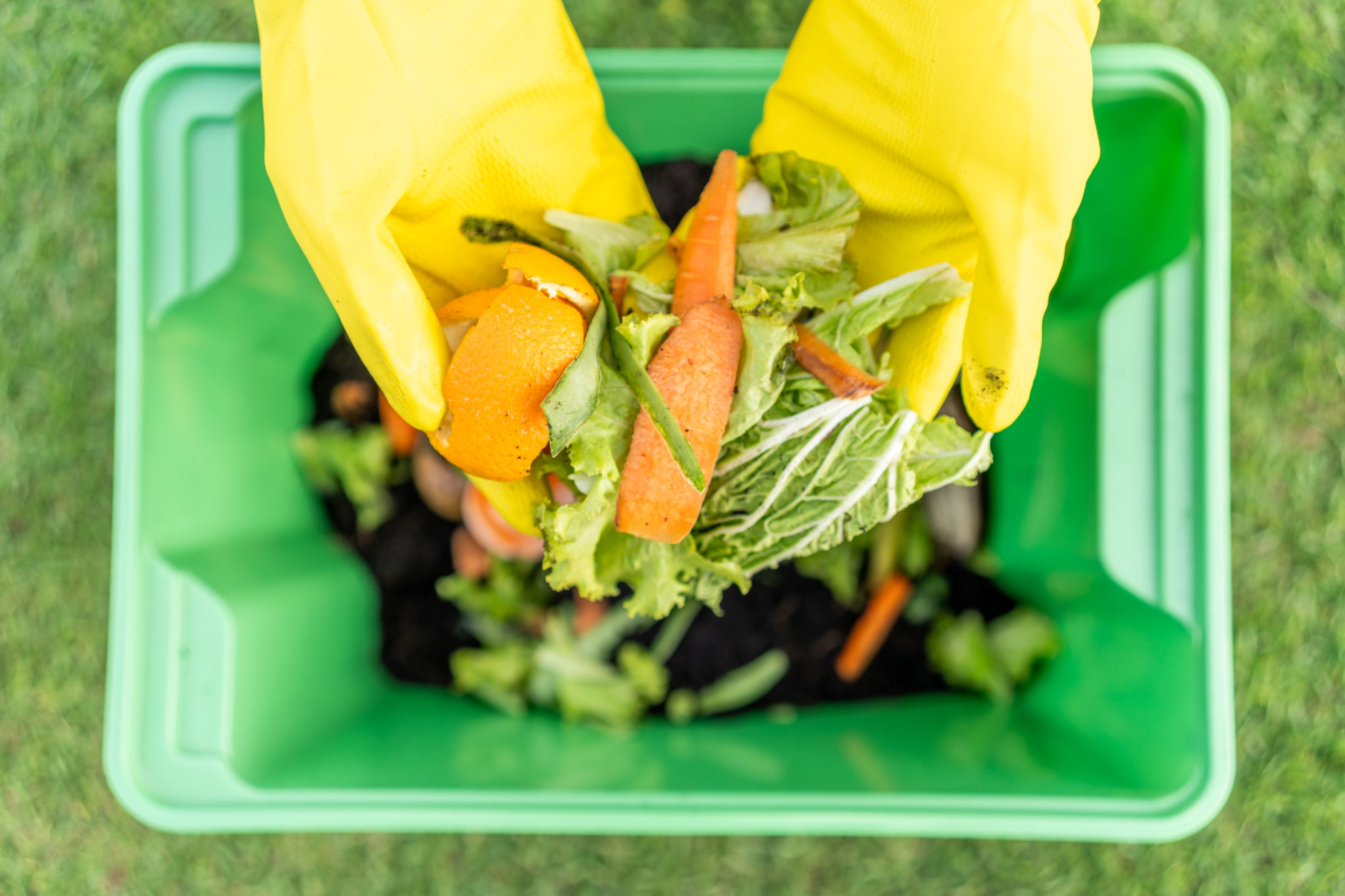Top 5 Tips for Effective Used Cooking Oil Disposal
Understanding the Importance of Proper Disposal
Disposing of used cooking oil might seem like a trivial task, but doing it improperly can lead to significant environmental issues. When poured down the drain, cooking oil can cause blockages in plumbing systems and contribute to sewage overflows. It's essential to adopt effective methods for disposing of used cooking oil to protect our environment and infrastructure.

Tip 1: Reuse and Recycle
Before disposing of used cooking oil, consider whether it can be reused or recycled. Many times, cooking oil can be reused for cooking if it has not degraded significantly. Strain the oil through a fine mesh or cheesecloth to remove food particles, and store it in a clean, dry container. Additionally, check for local recycling programs that accept used cooking oil. Many communities have services that convert used oil into biofuel.
Tip 2: Proper Storage for Disposal
If you're unable to reuse or recycle the oil, it's important to store it properly before disposal. Let the oil cool completely, then pour it into a sturdy, sealable container, such as an empty milk jug or a bottle with a screw cap. This prevents leaks and makes it easier to transport the oil to a disposal site.
Tip 3: Utilize Drop-Off Locations
Many areas provide drop-off locations for used cooking oil, where it can be collected and processed safely. Research local waste management facilities or municipal websites for information on where these sites are located. Some centers might even offer pick-up services for larger quantities of oil.

Tip 4: Avoid Pouring Oil Down the Drain
One of the most crucial tips is to never pour cooking oil down the drain. This can lead to clogged pipes and environmental damage. Even small amounts can accumulate and cause significant issues over time. Instead, follow proper disposal methods to ensure your home and community’s plumbing systems remain clear.
Tip 5: Composting Alternative
Another eco-friendly option is to compost small amounts of used cooking oil. Vegetable-based oils can be added to a compost pile in moderation, as long as they are mixed well with other organic materials. However, avoid composting large quantities or animal fats, as these can attract pests and create odors.

Conclusion: Taking Responsibility
Proper disposal of used cooking oil is a small but impactful way to contribute to environmental conservation. By implementing these tips, you can help prevent plumbing issues and promote sustainable practices within your community. Remember, every small effort counts towards a healthier planet.